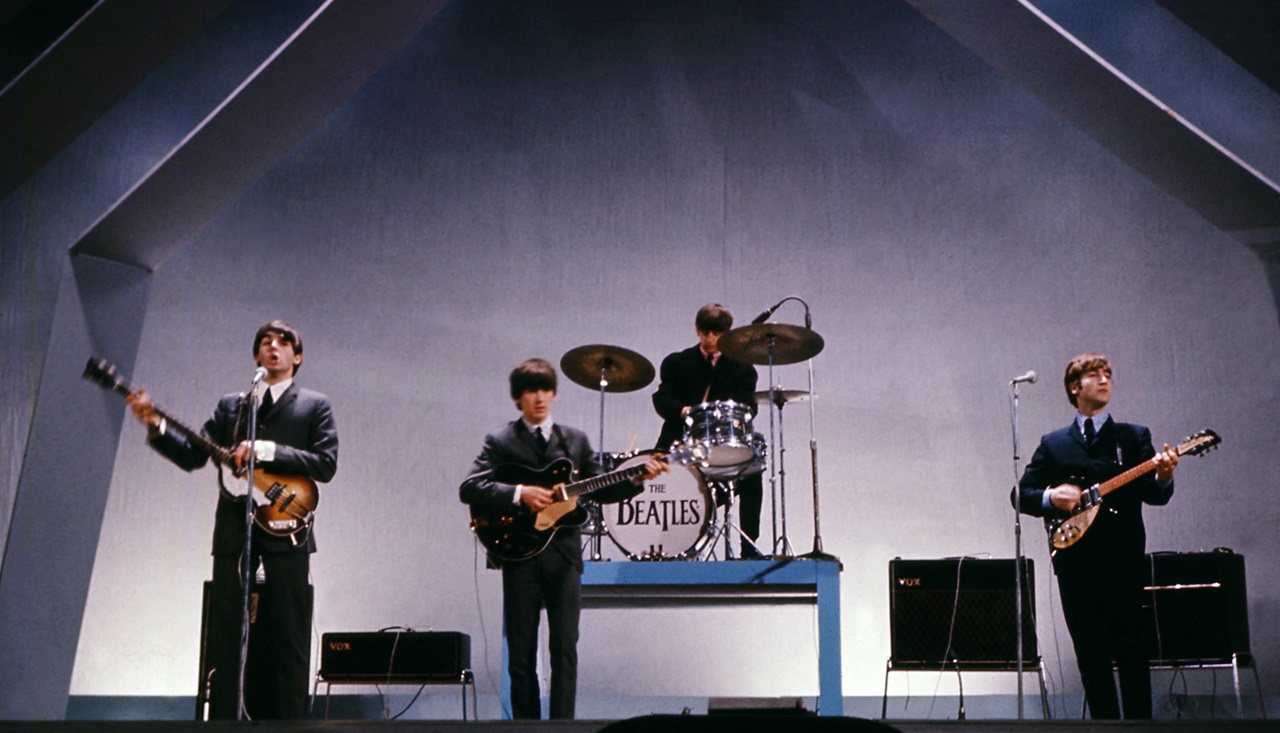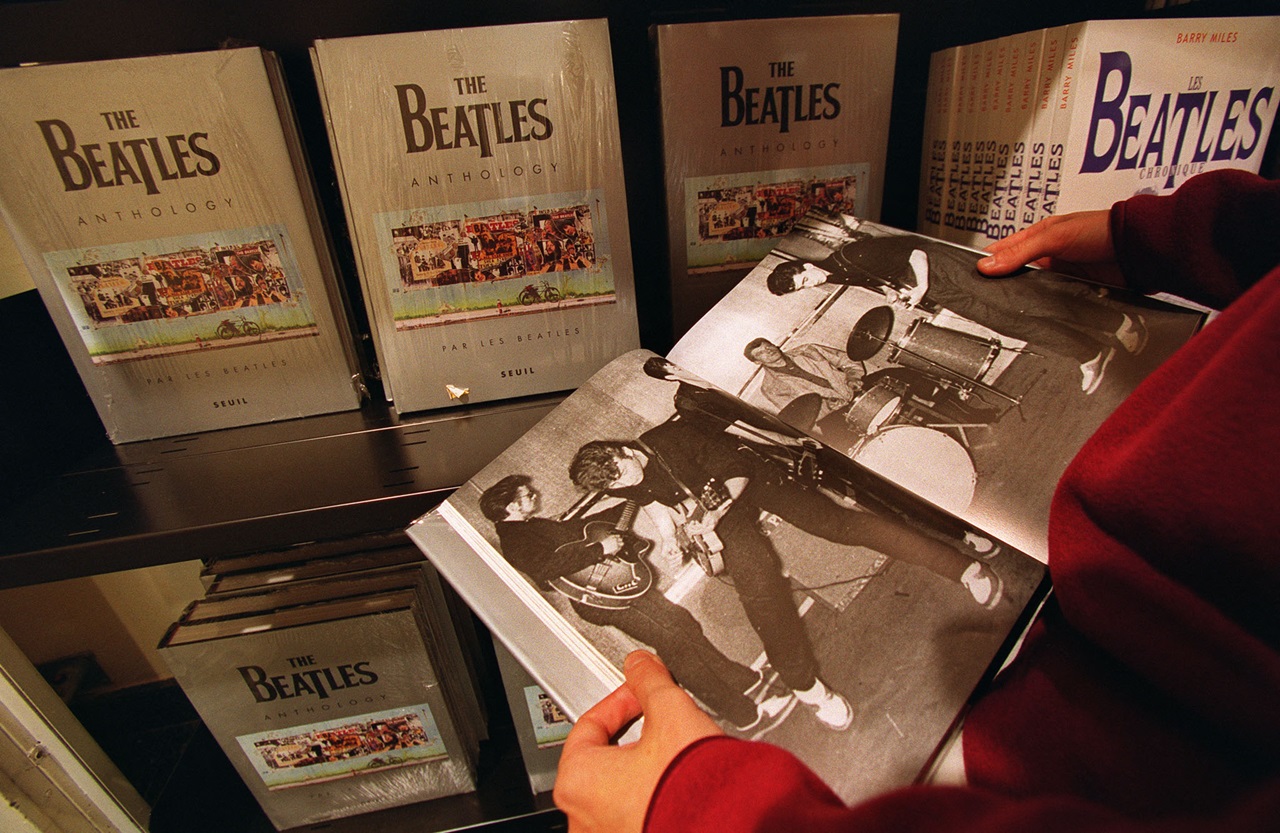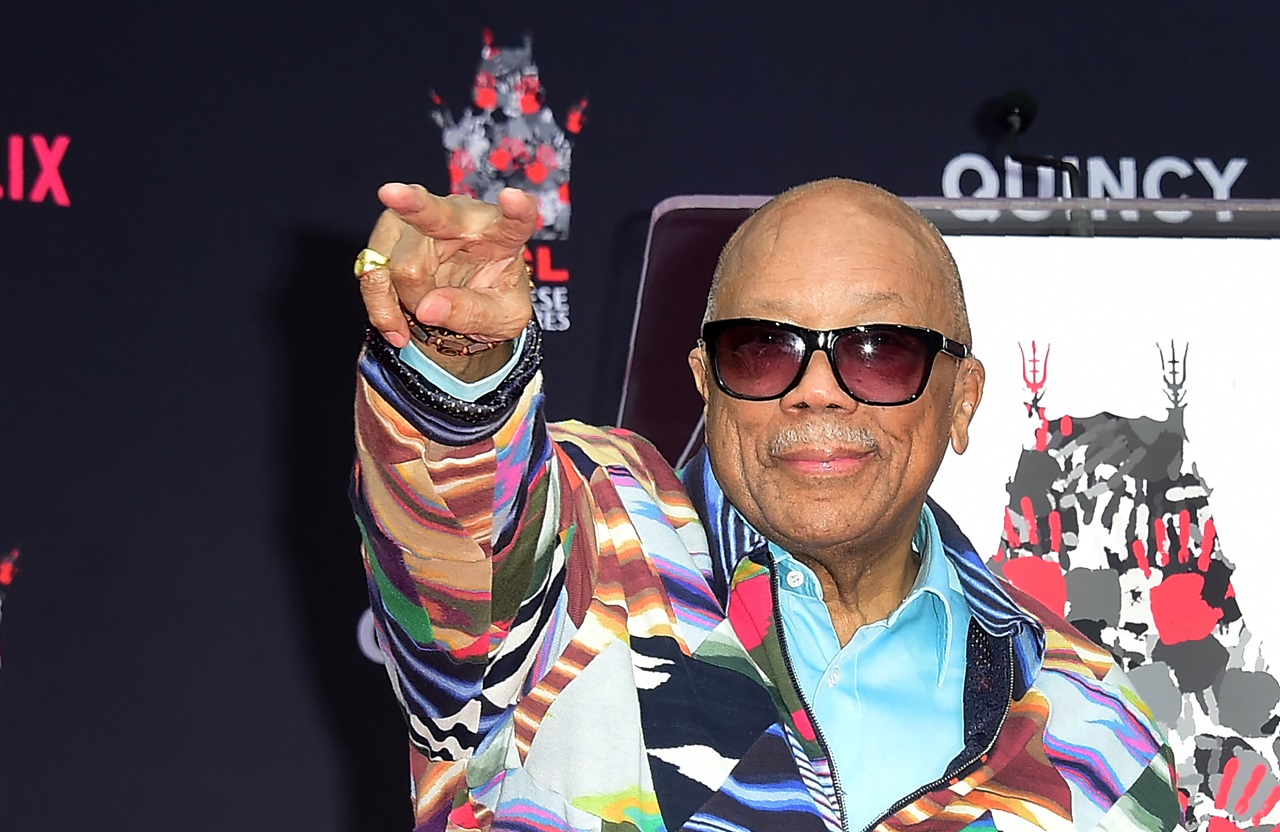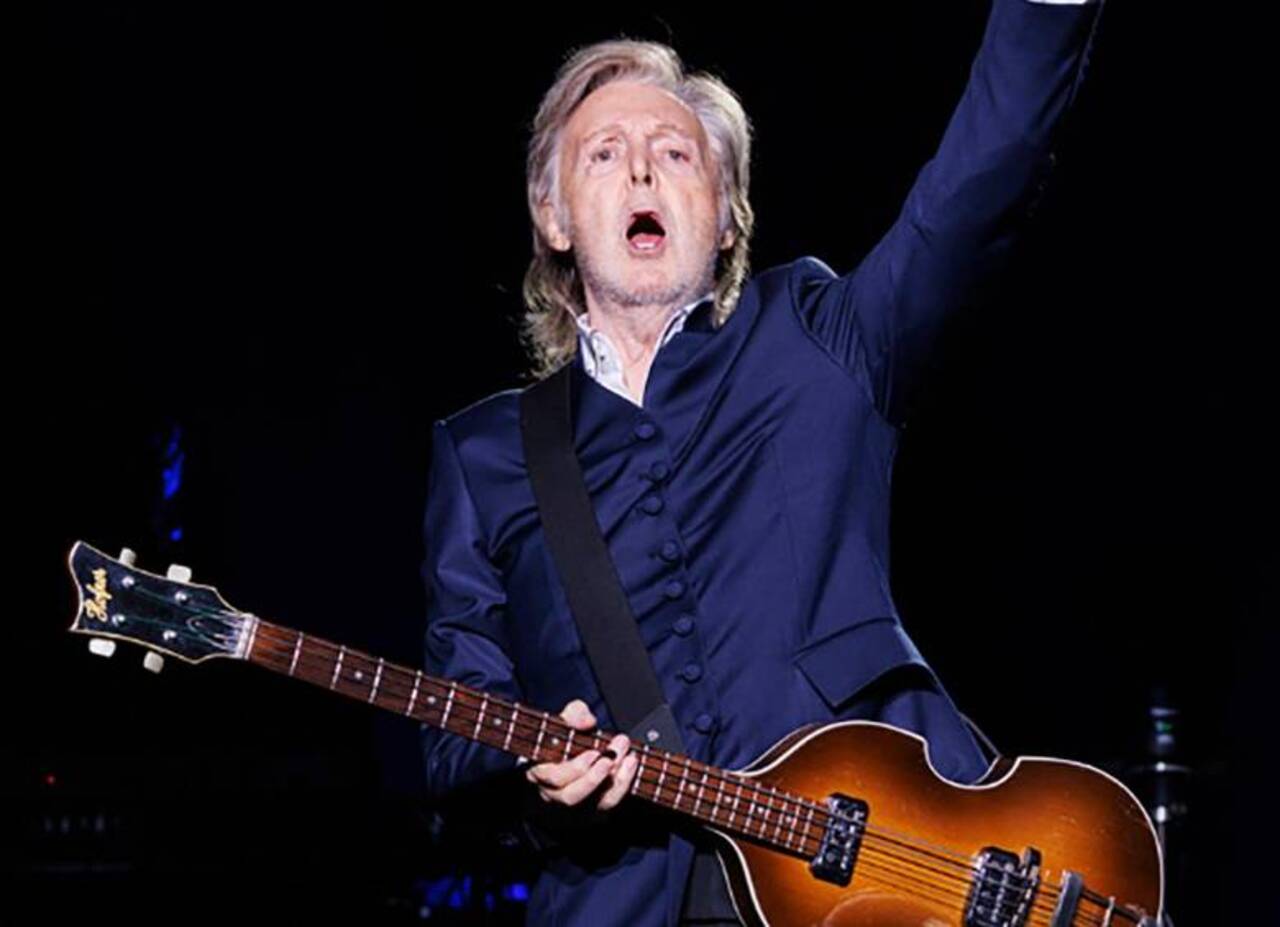
'Clandestino': The true biography of Manu Chao
The former leader of Mano Negra is a musician of streets, squares and bars, who finds comfort in the modest, cruel and unequal world.
There have been other biographies of Manu Chao. This rebellious musician, who broke the laws of the music market and started his own underground career 25 years ago, sometimes disappeared “in the heart of the great Babylon” as he sang.
The story of the former leader of Mano Negra, a musician of streets, squares and bars who found comfort and a home in the modest, cruel and unequal world, was the focus of other books like Manu Chao - Illegal – Persiguiendo al clandestino.
But this week, on the 25th anniversary of the release of his first solo album, British journalist and friend of the singer Peter Culshaw published Clandestino - En busca de Manu Chao, the only biography actually endorsed by the musician. Culshaw, a music critic for media outlets such as The Telegraph and the BBC, spent several years of his life accompanying Chao on his trips around the world.
Traveling through the slums, suburbs and avenues of Africa and America, Chao never stopped improvising performances with other local artists. He is always open to introduce new styles into his creations, or sounds that he catches in the streets that make him fall in love. He never lets himself be exceeded by fame, labels or a specific location. Reggae, rumba, rock, punk, local folklore, ska, cumbia, it all works in his music cocktail.
{"preview_thumbnail":"/sites/default/files/styles/video_embed_wysiwyg_preview/public/video_thumbnails/7AzimrAgWbA.jpg?itok=THvrtOVl","video_url":"https://www.youtube.com/watch?v=7AzimrAgWbA","settings":{"responsive":1,"width":"854","height":"480","autoplay":1},"settings_summary":["Embedded Video (Adaptable, autoplaying)."]}
Chao forged his career in Mano Negra, where he pointed to injustices that bothered him: ruthless bosses, the cruelties suffered by migrants, and the persecuted. His band was inspired by the literature of Gabriel García Márquez, which took him to explore the most inhospitable corners of Colombia.
In the face of the worldwide success he achieved after the release of his first solo album Clandestino in 1998, he remained faithful to his principles, and avoided big labels, summer festivals and other showy aspects of the music industry.
Culshaw had the privilege of joining him during his trips around the world to collect all the details of those experiences. The unusual biography was born from the anecdotes lived in jungles, deserts, refugee camps and prisons, which transcend the singer’s music and approaches him very personally and critically.
A quarter of a century later, Chao remains an icon for protest music. Always with his feet on the ground, preferring to sleep in the flats of friends before the luxury hotels of great European capitals. His activism against globalization and the ravages of capitalism are the guiding thread of the new story, translated into Spanish by Adriana Toledano.
Chao is the son of journalist and writer Ramón Chao, and nephew of the writer and theologian Xosé Chao. Both contributed definitively in the formation of his principles and values. When he met García Marquez in París as a child, the writer told him: "You were a headache when you were four, and you still are."











LEAVE A COMMENT:
Join the discussion! Leave a comment.